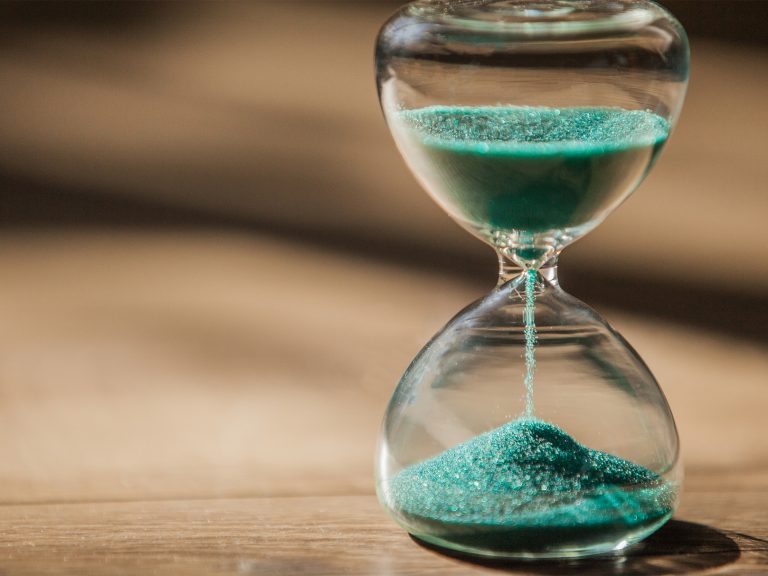[vc_row][vc_column][vc_column_text css_animation=”none”] [/vc_column_text]
[/vc_column_text]
Mental Model: Veblen Goods In today’s installment of our mental models catalog, we are going to discuss Veblen goods, which are a special type of item that would appear, at first glance, to violate the law of supply and demand relationships to prices. Veblen goods are a type of commodity, product or service for which…
Mental Model: Social Loafing If you were starting a project or business, common sense would tell you that you could produce 5x as much output if there were five people working on your goals than if there were just one person. If you are running a counseling program, ten counselors should be able to do…
Mental Model: Goldovsky Errors How can a dead body hang in a tree for nearly 14 hours and not be noticed by a town? How can experts at one of the world’s top scientific institutions miss an easy-to-spot mistake for almost 30 years yet a 5th grader spots in 2008 after only a few seconds? …
Mental Model: The Dunning–Kruger Effect Have you ever wondered why some people come to erroneous conclusions despite all the counter evidence, overestimate their abilities, and constantly make mistakes whereas other, more intelligent people often claim ignorance and throw things on the “too hard” pile? The reality is that not everyone in a given population can…
Mental Models: Hobson’s Choice, Morton’s Fork, and Buridan’s Ass Hobson’s Choice: A free choice in which only one option is offered; i.e., “take it or leave it”. Morton’s Fork: Is a choice between two equally unpleasant alternatives (in other words, a dilemma) or two lines of reasoning that lead to the same unpleasant conclusion. It…
Mental Model: The Revolution of Satisfied Expectations The Revolution of Satisfied Expectations: “Research conducted by Daniel Kahneman of Princeton University, and by others who have come to approximately the same conclusion, shows that most people judge their well-being not by measuring where they stand but rather based on whether they think their circumstances and income…
John Robinson of the University of Maryland and Geoffrey Godbey of Penn State University have done research showing that “Americans now have more free time than at any point in the nation’s history.” They calculate that since 1960, the average American has gained 5 hours of free time per week even after adjusting for women entering the work force.
Mental Model: The Drunkard’s Search The Drunkard’s Search: The tendency for people to search in the easiest places, rather than the ones that are the most likely to yield results. The name comes from the idea of a drunkard seeking his car keys under a street lamp because the light is better instead of where…
Satisficing is a psychological and economic phenomenon that results from consumers choosing a product that meets criteria at an adequate level, rather than expending a great deal more time to find a fully optimal solution.
By Charlie Munger (Warren Buffett’s partner at Berkshire Hathaway) Speech at Harvard Law School (1995) Transcription of The Psychology of Human Misjudgment, comments [in brackets] by Whitney Tilson. Note from Joshua Kennon: I’ve written a lot about Charlie Munger over the years, especially the influence he has had on my life and how we run…
[vc_empty_space][vc_column_text css_animation=”none”]

[/vc_column_text][/vc_column][/vc_row]





